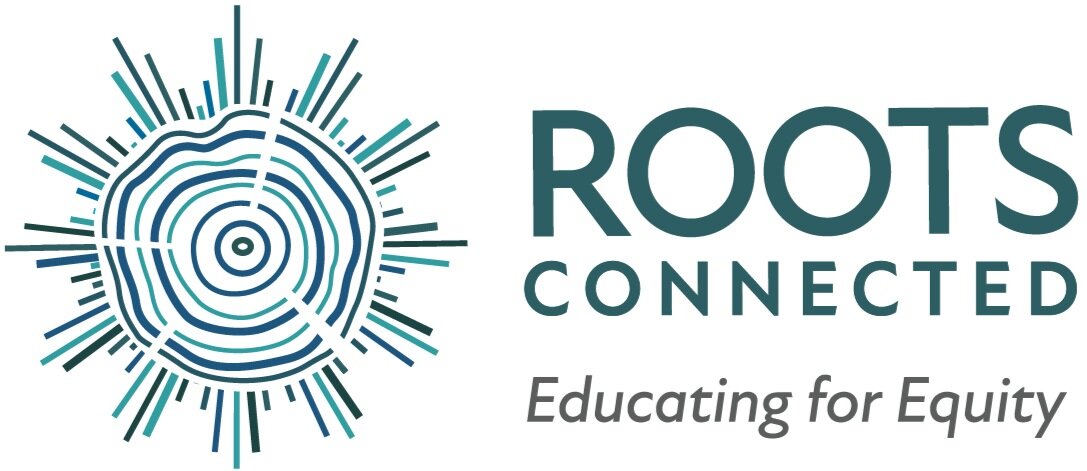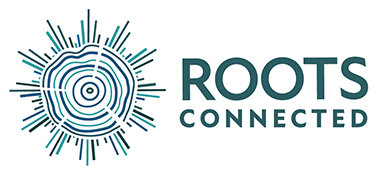
Representation in our Classrooms: Creating Opportunities for Students to See Themselves and Others in Curriculum
How can we create authentic moments, experiences, and lessons where students can see themselves in the curriculum and in classroom conversations? Through the framework of "mirrors" and "windows" participants will take a closer look at how curriculum and classroom conversations should be "fully inclusive of historically marginalized and minoritized perspectives," how authentic relationships are cultivated, and where teachers recognize their children are "a group of students from whom they can learn." Diving deep into three proven strategies, participants will have a chance to think about how to increase representation in their own classrooms and create spaces where all students are seen and feel that they belong.

Anti-Bias Education: Using Critical Literacy As a Lens for Teaching Students How to Think Instead of What to Think
If you want to approach curriculum with an anti-bias lens, where is a good place to start? How do we deepen our students' thinking around social justice without throwing out the curriculum and starting anew? Most of the time, we can utilize our curriculum as long as we are asking the right questions. In this workshop, we will explore the components of critical literacy as a framework for developing our students' critical thinking skills. Through exploring examples in elementary school classrooms, participants will be able to link theory to practice in real and tangible ways and will leave having had the opportunity to think about how their learning has implications on their own practice as educators and school leaders.

The Power of Universal Design for Learning: Achieving Equity in the Classroom
One of the most critical ways for us to achieve equity in our classrooms is by recognizing the variability of learners that make up our communities. To do this, we must develop a mindset that has no room for the myth of the average learner. In this session, we will look at the mindset shifts required to recognizing learning needs as an issue of equity and justice in our classrooms. Using the framework of Universal Design for Learning, participants will consider that as an approach and understand what it means in the context of planning and curriculum. Participants will see examples of what UDL based instruction looks like in classrooms and explore concrete practices that support it. Folks will leave having a deeper understanding of UDL and having had thought about the implications of this work for their own classrooms.

